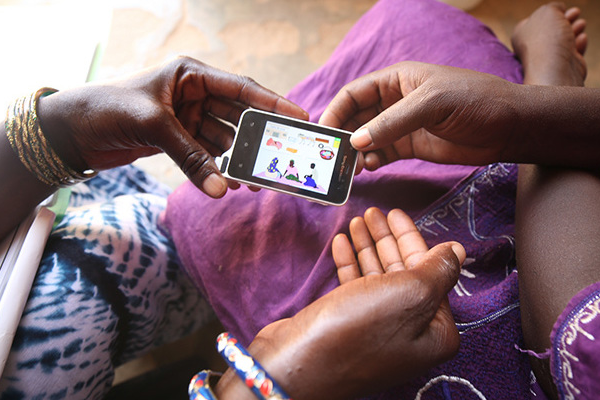 How can ICT4D improve healthcare in developing countries?
How can ICT4D improve healthcare in developing countries?
There are many ways in which ICT4D (Information and Communication Technologies for Development) can improve healthcare in developing countries. Some examples include:
- Telemedicine: ICTs can be used to connect healthcare providers in remote or underserved areas with specialists in urban centers, allowing for the delivery of high-quality medical care to people who might otherwise not have access to it.
- Health information systems: ICTs can be used to create and maintain electronic health records, which can improve the accuracy and efficiency of healthcare delivery and reduce the risk of medical errors.
- Disease surveillance and outbreak response: ICTs can be used to track and monitor the spread of diseases, allowing for more effective and timely responses to outbreaks.
- Public health campaigns: ICTs can be used to deliver health education and information to large populations through social media, mobile apps, and other digital platforms, helping to raise awareness about health issues and promote healthy behaviors.
- Supply chain management: ICTs can be used to improve the management of medical supplies, ensuring that they are delivered to the right place at the right time, and helping to prevent shortages and wastage.
Overall, the use of ICTs in healthcare can help to improve access to care, quality of care, and the efficiency of healthcare delivery in developing countries, ultimately leading to better health outcomes for the populations served.
Read More About ICT4D in Healthcare Below
Which Digital Health Tools Are We Using to Tackle COVID-19?
Since the earliest days of the COVID-19 pandemic, national and local governments have turned to digital technologies to help their citizens, health care providers,...
How to Deploy Machine Learning with Messy, Real World Data
Machine learning and artificial intelligence pose the ability for global health practitioners to glean new insights from data they are already collecting as part...
Is Digital Health Part of the Climate Crisis Problem or Solution?
What is the biggest challenge to health this century? And will digital health make it better or worse?
The answer to the first question is that the greatest threat...
8 Reasons Why Digital Health Should be on FHIR
Fast Healthcare Interoperability Resources (FHIR, pronounced “fire”) is a standard describing data formats and elements and an application programming...
Apply Now: $250,000 Funding for Your Digital Health Innovations
The United Nations World Food Programme Innovation Accelerator sources, supports, and scales high-impact innovations to achieve Zero Hunger. The Innovation Accelerator...
Watch Now: Six Digital Health Global Goods Explained
We are excited to share a new series of videos on digital health global goods that TechChange has developed in partnership with USAID, PATH/Digital Square.
Each...
Apply Now: 2 Million CAD for Artificial Intelligence Health Research Hubs
The use of artificial intelligence (AI) is showing promise in transforming how health systems are planned and health services are delivered across low- and middle-income...
Apply Now: $500,000 to Measure Primary Healthcare Performance
Primary health care is a cornerstone of health care systems across the globe, address majority of a person’s health needs—physical, mental, and social Primary...
How to Use Biometric Identity Solutions in Providing Healthcare Services
Accurate constituent identification is a fundamental building block for every intervention across healthcare, finance, education, and more. Yet, one billion people...
3 Ways Africa Can Avoid America’s Electronic Health Record Woes
Electronic health records (EHRs) are digital medical charts. They contain information such as a patient’s demographics, medical history, and progress notes. The...











